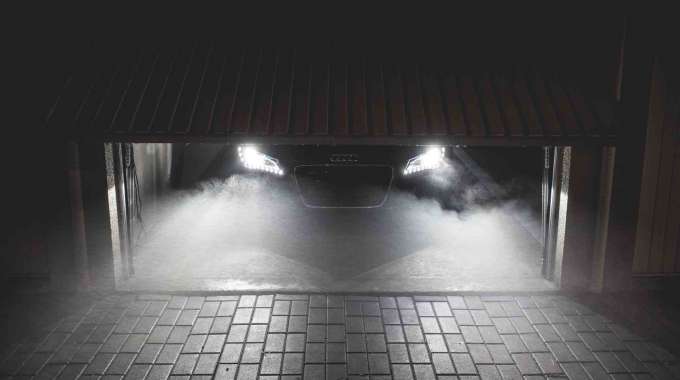
Auto Trends to Look Out For in 2017
Traditional driving models are quickly changing, and revolutionary trends in the automotive industry are evolving at a rapid pace.
Over the last few years, new technology and altering consumer preferences have laid the groundwork for automotive developments. The emergences of connectivity, mobility and autonomous driving have been innovative game-changers, and they’re indicative of what to expect in 2017.
Here are 3 car trends that will fundamentally change how we drive, and chances are high that we’ll be seeing them more this year:
1) Augmented Reality
Augmented reality (AR) is the integration of digital information in an existing and real environment. Used to assist driver safety, this new car feature will add specific elements to driving via technology – cars will be able to identify external objects that the driver can’t see, and information about it will be displayed on the windshield. Known as “smart head-up display”, combining AR and driving could help prevent collisions by informing drivers about objects outside of the car.
2) 3D Printing
Developed over 30 years ago, 3D printing is the process of building a physical object from a three-dimensional digital model, and it’s recently been making an appearance in car production. Known for its fast development and safety features, 3D printing is changing the approach to car design and challenging traditional vehicle features. Its fast production of car building means that manufacturers have more time to develop customized features for consumers. As well, it has an extremely low carbon print thanks to the small amount of electricity needed for the fabrication process.
3) Autonomous Driving
Although fully autonomous cars aren’t expected to completely fill the roads by this year, features like self-parking and adaptive cruise control will become more prominent in new car models. Known as advanced driver assistance systems, these features will introduce elements to better prepare regulators, consumers and corporations for the reality of self-driving. Up to 15 per cent of new cars sold in 2030 are expected to be fully autonomous, which will play a crucial role in the reality of cars taking over driver controls.
From the physical construction to internal safety features, cars are turning into new mobility ecosystems that will increasingly become a part of the connected world. By incorporating emerging trends that are specially designed and tailored to our specific needs, there’s no question that technology will continue to drive the future of the automotive industry in 2017.







